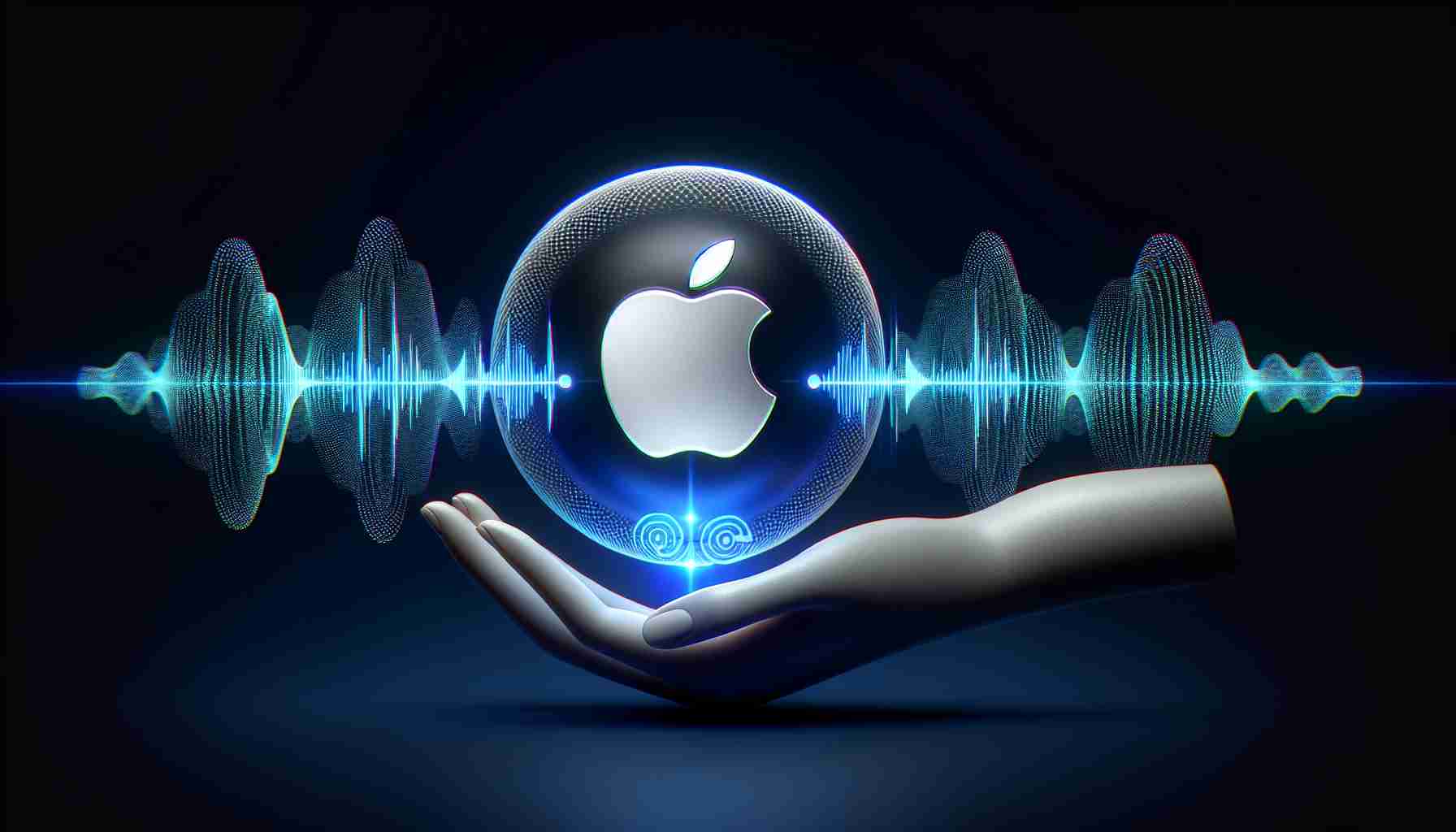Apple, during the WWDC24 keynote, introduced a major step forward in its journey towards artificial intelligence—Apple Intelligent. Teaming up with AI powerhouse OpenAI, Apple plans to integrate the cutting-edge ChatGPT technology into its iOS 18, iPadOS 18, and macOS Sequoia ecosystems. This strategic move allows users to gain access to smart responses provided by ChatGPT-4o directly through Siri, as well as the ability to generate content within various applications.
Integrating ChatGPT with Apple Ecosystem
Despite Apple’s relatively nascent position in the AI landscape, the company has boldly opted for an alliance with OpenAI. This integration, slated to roll out later in the year, marks a significant step as ChatGPT will be incorporated into Apple’s well-established user experience.
Reactions within the Tech Industry
Opinions within the tech world have been mixed. Tesla CEO, Elon Musk—a former board member of OpenAI who departed the organization due to differences—raised concerns over the security implications of integrating ChatGPT with Apple’s OS and has gone as far as banning the use of Apple devices at his own company, insisting on storing them in Faraday cages.
Collaborative AI: A Strategic Necessity for Apple
This prominent move by Apple reveals the company’s need to catch up in AI technology. Despite facing criticism, Apple emphasizes that its AI efforts, Apple Intelligent, involve a multi-layered approach: starting with local device-based processing, followed by private cloud computations, and finally, optional OpenAI support post user confirmation—a strategy that appears to be more cautious and user privacy-focused than some of the outspoken tech industry concerns suggest.
Industry Trends in AI Collaboration
The collaboration with OpenAI is in line with an industry trend where tech companies partner with specialized AI firms to enhance their capabilities quickly and economically. This partnership model has emerged as a norm, seen in companies like Samsung and Google, due to the high costs and resources required to develop top-tier AI technologies in-house.
In conclusion, Apple’s choice to harness AI through strategic partnerships symbolizes a necessary step towards innovation. This not only demonstrates the growing consensus on the importance of embedding AI into smartphones but also highlights the ultimate focus of such advancements: to enrich user experience and meet the ever-evolving demands of consumers. Apple’s embrace of AI partnerships might just be a testament to the direction in which the entire hardware industry, and perhaps the world, is headed.
### Most Important Questions and Answers:
What are the benefits of Apple’s collaboration with OpenAI for Siri?
The integration of ChatGPT-4o with Siri will potentially lead to much more capable conversational experiences, providing users with more accurate and contextually relevant responses. This could create a paradigm shift in how users interact with their Apple devices, by enabling more sophisticated tasks to be carried out purely through voice commands.
What are the potential security implications of incorporating ChatGPT into Apple’s OS?
As with any AI integration, there are concerns about user privacy and data security. AI systems learn from large datasets that may include sensitive information. Ensuring the privacy of user data, especially when processed and stored in the cloud, is a priority for Apple. With ChatGPT’s capacity to ingest and generate textual content, the company must maintain strict privacy controls to prevent leaks or misuse of data.
### Key Challenges and Controversies:
– **Data Privacy:** Apple is known for its strong stance on user privacy. Integrating ChatGPT which operates with extensive data collection, could contrast with Apple’s privacy policies, presenting a challenge in harmonizing AI functionalities with user privacy expectations.
– **User Trust:** After Elon Musk’s criticism and the radical measure of banning Apple devices at Tesla, there is potential for consumer trust issues, fearing that conversations or data could be misused or compromised.
### Advantages and Disadvantages:
Advantages:
– **Improved User Experience:** Users can expect an advanced Siri capable of managing more intricate queries and providing better service.
– **Quick Advancement:** Partnership with OpenAI allows Apple to leapfrog in AI without the need for extensive in-house development, saving time and resources.
– **Competitive Edge:** Embracing cutting-edge AI positions Apple firmly at the forefront of smartphone technology.
Disadvantages:
– **Security Concerns:** As mentioned, data privacy could be at risk if the integration is not handled with Apple’s traditional security standards.
– **Dependence on Third-Party Tech:** Reliance on OpenAI’s technology could make Apple dependent on another company’s IP and subject to their data handling and training models.
– **Potential Brand Image Issues:** If the AI doesn’t meet Apple’s high-quality standards, it could affect user trust and loyalty.
### Related Links:
For additional information about Apple, you may visit their official website at Apple.
For more insights about OpenAI and its initiatives like ChatGPT, you can visit their main page at OpenAI.
